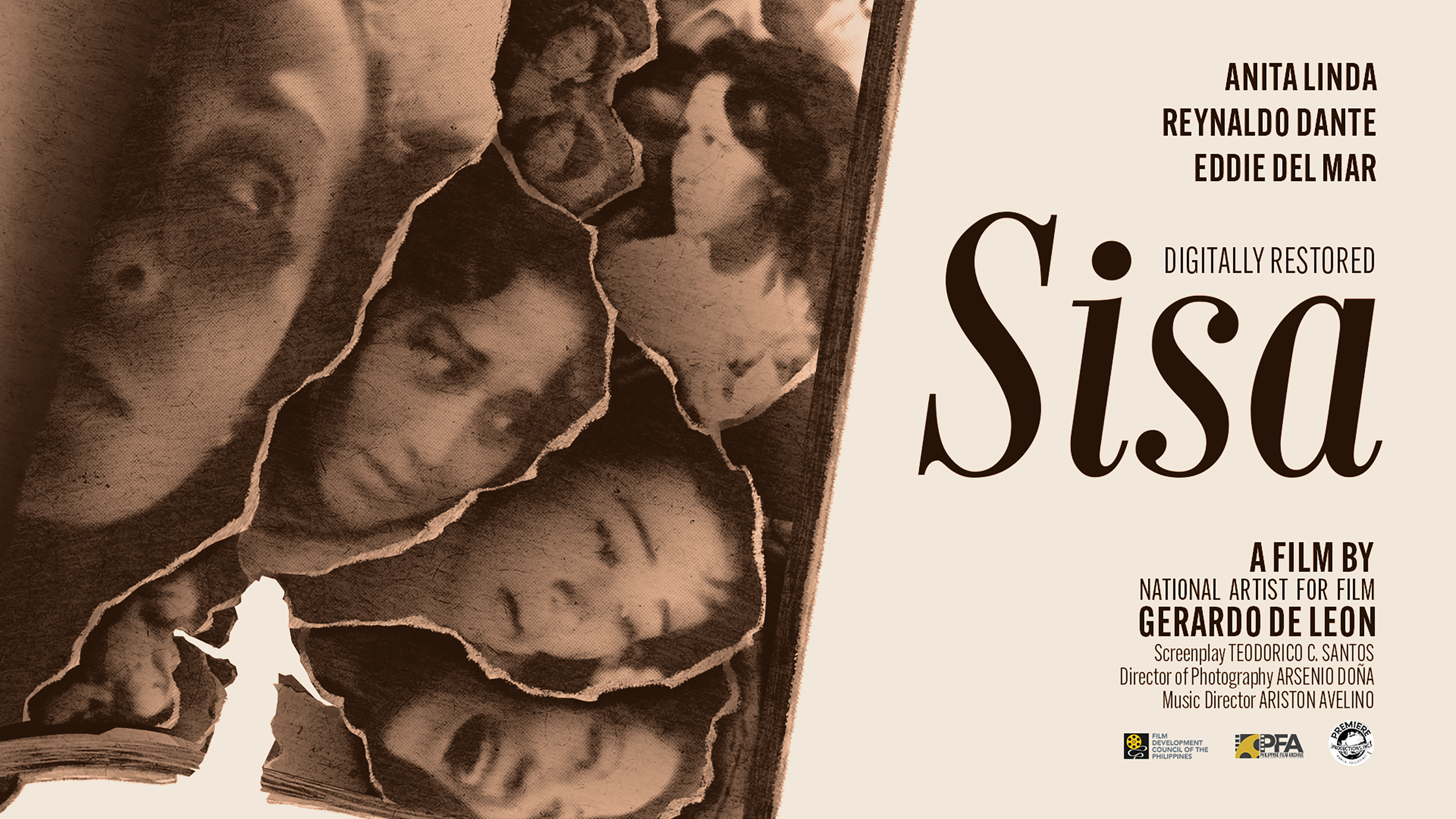Four PH Docu Projects To Be Showcased At Cannes Docs Online 2020
As film festivals around the world migrate their screenings into online platforms due to the pandemic, so do their various film markets and events. Marche du Film, the business counterpart of the renowned Cannes Film Festival, will be holding its 2020 edition online from June 22 to June 26. Considered one of the world’s largest film markets, Marche du Film intends for its online edition to recreate the market experience in Cannes by featuring live and real-time meetings, virtual screenings and booths, and more.
This year, four films from the Philippines will be showcased at Marche du Film by the Film Development Council of the Philippines at the Cannes Docs Online 2020. As one of FDCP’s focus this year is on empowering Filipino documentary films and providing filmmakers and producers more platforms, the Agency partnered with Cannes Docs Online 2020 to hold “Showcase Philippines” on June 22 as one of the eight showcases. Under the Philippines, the documentaries Holy Craft (dir. Joseph Mangat), Nowhere Near (dir. Miko Revereza), Remnants of a Revolution (dir. Cha Escala), and The Remotes (dir. John Torres) will be presented through a pitch and a 10-minute sequence of the rough cut. Each film screened will have the opportunity to win various prizes including the €10,000 Docs-in-Progress Award, supported by IEFTA.
Cannes Docs is an annual segment that provides a space and various programs for documentary film workers, filmmakers and industry decision-makers alike. Each year, Cannes Docs partners with a select group of festivals and organizations to showcase curated selections of documentary films in progress in their finalization stage. These showcases provide the selected projects a venue to reach decision-makers such as festival programmers and sales agents and obtain funding for their various projects.
Still from Holy Craft.
Holy Craft, directed by Joseph Mangat and produced by Alemberg Ang, examines the intersections of religion, labor, and gender at a Catholic figurines factory. This factory contains a mishmash of workers from various communities, from LGBTQ workers to outcasts and otherwise unemployable figures in their society. Through Mangat’s lens, Holy Craft explores the paradoxical world of religion and money, labor and gender, via the lives of the factory workers whose livelihoods come from the same items they worship.
Still from Nowhere Near.
Nowhere Near, directed by Miko Revereza and produced by Shireen Seno tells a story of migration and exile. The director himself describes the film as a “poetic memoir exploring stateless identity through the lens of an exile returning to an estranged homeland.” In this journey from the United States to the Philippines, he finds a psychological journey, the remains of family and national history, colonialism, and “the seeming impossibility of returning home.”
Still from The Remotes.
The Remotes, directed and produced by John Torres, is a documentary composed through an expanded collection of footage of film productions in the Philippines and neighboring countries filmed from the periphery of other filmmakers’ film sets. Seen in black and white, director John Torres repurposes these footages to tell the story of a “hybrid/sci-fi” film where unidentified criminals use a driving app to commit vicious crimes. The film follows a police hunt of these criminals who live vicariously through a phone driving app.
Still from Remnants of a Revolution.
Remnants of a Revolution, directed by Cha Escala and produced by Leizyl Badion, tells the story of Pepe Luneta, a founding member of the Communist Party of the Philippines who fled the country in the 90s to seek asylum in Germany. Due to his exile, Pepe has not seen his son Bambam in over 20 years. But with his health declining, the father dreams of seeing his son one last time before he dies. The director, Cha Escala, flies to Germany on Bambam’s behalf and they bond through conversations about his experience as a member of the Communist Party and the movement’s idealistic spirit. Through this personal narrative, the film also explores broader historical topics regarding the armed-struggle movement of the CPP-NPA.
The showcase will be accessible to all Marche du Film participants. All interested professionals must register at www.marchedufilm.com
See more here: http://www.fdcp.ph/media/four-ph-films-be-showcased-cannes-docs-online-2020





